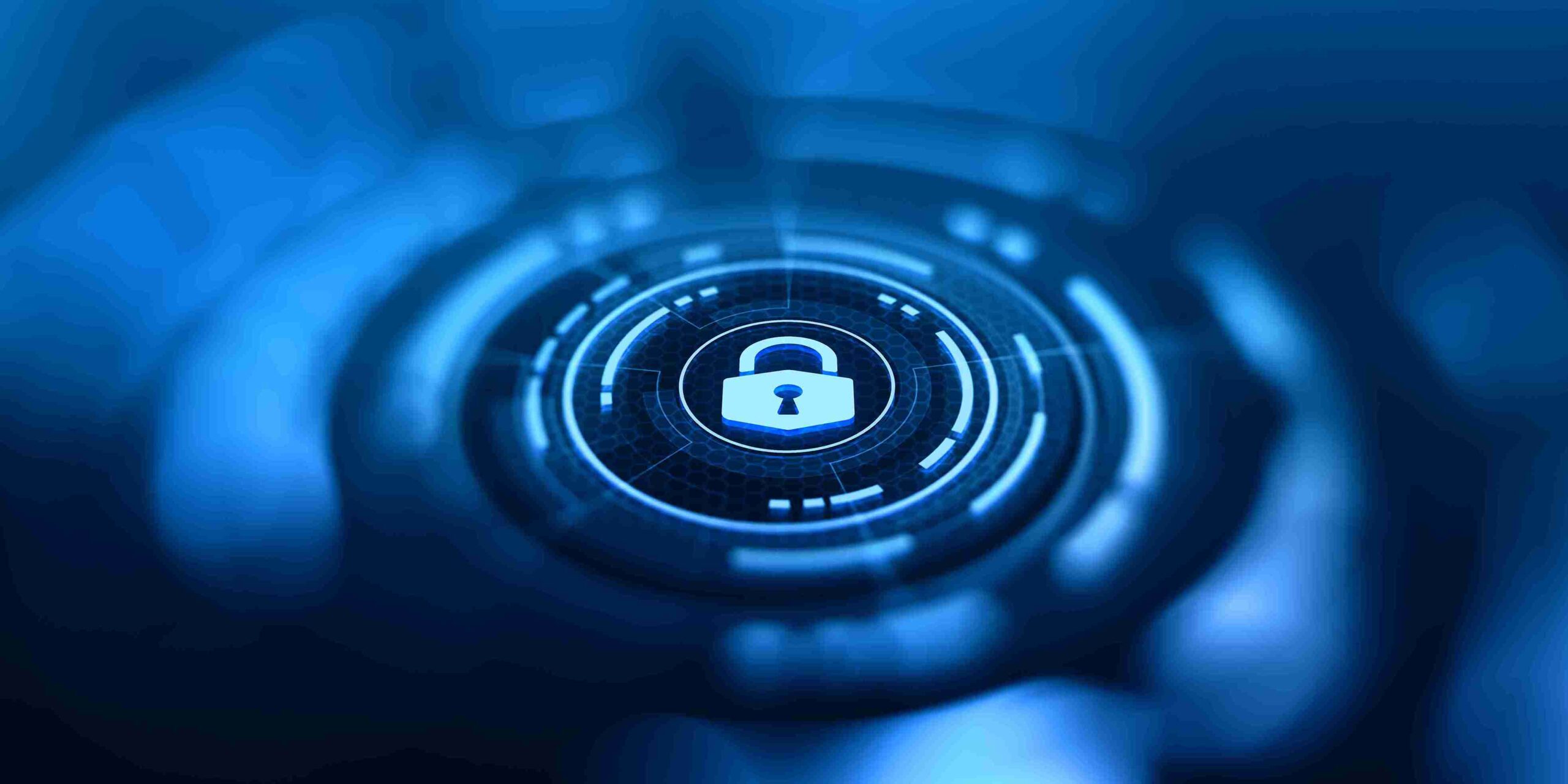Multi-Factor Authentication (MFA) is an IT-based security solution that administers additional or multiple layers of user-authentication during the sign-in process. The solution functions by requiring a user to provide a minimum of two or more credentials to authenticate their identity and be permitted access securely.
These credentials may include passwords, IT hardware tokens, numerical codes, biometrics, time, and or location. The most common form of MFA is recognised as Two-Factor Authentication (2FA), which requires users to provide one additional individual factor of authentication during sign-in.
Typically, the most common form of Two-Factor Authentication is a numerical code being sent to the user’s mobile phone or device when prompted to enter user credentials.
As the landscape of malicious acts and threats continues to increase on a global scale progressively, the need for companies to implement and maintain a zero-trust security position for the workforce has never been more critical.
Differences Between MFA and Basic Passwords
MFA serves as one of the primary methods to ensure the user is exactly who they say they are upon login. Historically, this would only be able to be ensured by standard credentials entered upon a user’s sign-in, typically being a personal username and single password. Without an additional factor of authentication to your password, unintended user access becomes a definitive concern. For example, consider the standard process of a user logging into their personal email account. The username and their password would typically grant them access into the webserver, various internal applications, data, and confidential information.
When considering Multi-Factor Authentication for your environment, there are four distinct types. Below are the types ranked in the order of least to most effective, and examples for each.
- Text Message Code: Commonly a 4- or 6-digit code sent to a mobile device via SM
- An Authenticator App Code: An App such as DUO Multi-Factor Authentication
- Biometric: Facial recognition on a Windows PC or iPhone
- Physical Key: USB based security stick or keychain token that generates a unique code to be entered upon login
How MFA can help Companies Avoid Breaches
As credential-based attacks continue to exponentially rise on a global scale, MFA is becoming a common initiative for small to large organisations alike. Regardless of having a unique password for each user account, website, and or application you use, malware and various threats continue to threaten organisations daily. Many of these organisations have successfully prevented costly breaches with MFA.
For example, if an employee were to have their personal login credentials stolen, a hacker would be unable to login to their account without an additional form of verification. Two-Factor Authentication would come into play by sending the legitimate user a unique two-factor numerical code to be entered, ensuring complete user-authenticity and security.
Did you Know?
- During hundreds of millions of personal records being stolen though an increased number of well-publicised hacks:
- 80% of consumers are worried about their online security
- 45% are extremely or very concerned about their accounts being hacked
- 40% have experienced a security incident in the past year
- Nearly 9 in 10 consumers – say that using 2FA makes them feel more confident that their online information is secure.
- Weak or breached/stolen user credentials are the most typical weapon of choice for hackers, statistically used is 95% of all Web application attacks.
- 54% of consumers use five or fewer passwords for all their accounts, creating a potential “domino effect” that allows hackers to breach multiple accounts by cracking a single password.
How can Able+ help?
Our flexible and versatile Identity and Access Management solution Able+ can help your organisation achieve the highest levels of security for your end users.
Able+ supports small to enterprise-based customers and organisations with every stage of Multi-Factor Authentication considerations and deployments. Able+ will help you achieve:
- Improved security
- Increased user adoption
- Improved customer trust and satisfaction
- Reduced operating costs
- Reduced helpdesk service fees
More information
To find out more about our Identity and Access solution, please visit our Able+ pages or contact us directly for an online demonstration.

 Australia
Australia Canada
Canada LATAM
LATAM New Zealand
New Zealand UAE
UAE United States
United States








